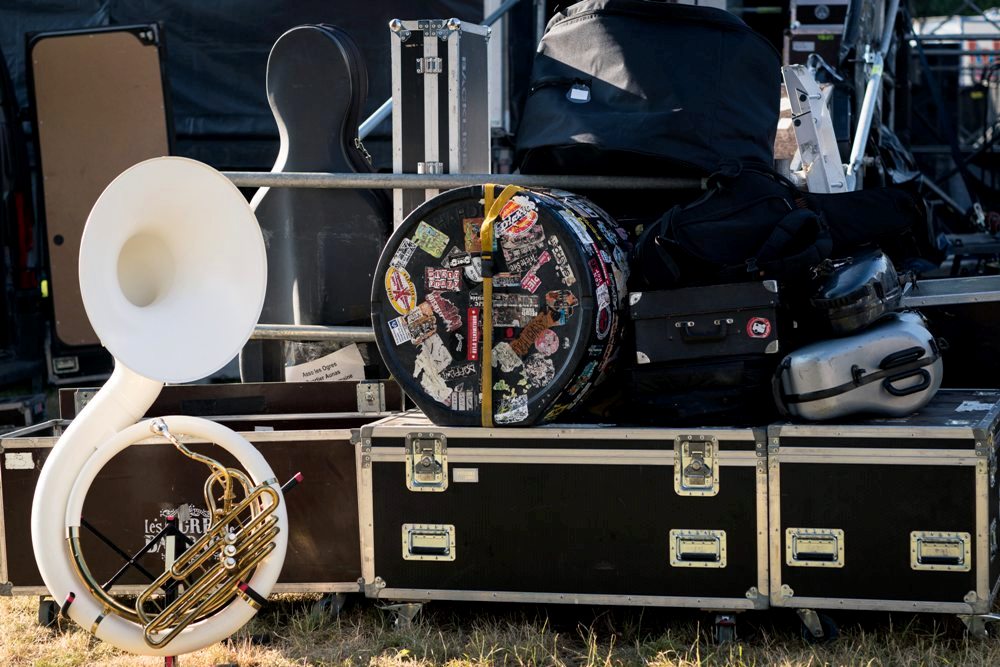
Musical instruments should be protected from accidental shock, moisture, and dust in order to last a really long time. This also applies to drums; and even if you don't tour often, you should refrain from leaving your drum kit assembled for too long. Drums are fragile pieces of equipment that can sound worse if stored and transported under unacceptable conditions; therefore, cases and bags should generally be purchased along with an instrument. The choice of cases should be approached exclusively from the point of view of functionality and practicality with several main parameters being evaluated first.
Type
You can find two types of bags in stores: soft and hard shells. Typically, the former is made of nylon, has thin padding, and is relatively inexpensive. This option is more suitable for storing a musical instrument. If you tour often, then hard shell Pelican case alternatives should be your choice. These accessories have durable bodies and reliably protect the contents from mechanical stress. The disadvantages of such models are their bulkiness, weightiness, and high price.
Protection
This parameter is especially important for those who often transport a drum kit from place to place. You want to ensure that even heavy rain and extremely dusty storage will not harm your instrument. Look for the IP
marking to understand how high the case's protection rating is. The numbers after this abbreviation show how well a material keeps drums from moisture and dust. The standard is considered to be IP67.
Durability
Regardless of what type of case you need, it is worth carefully checking the reliability of handles, zippers, and other elements before buying. This is precisely the point that unreliable manufacturers of cheap products often cut corners, and that can let you down at the most inopportune moment. Regardless of how well a case protects a drum; if a handle comes off as you carry it, the instrument could be severely damaged after incurring a fall.
Size
It goes without saying that if you buy a case that is too small in diameter, a drum or cymbals will simply not fit into it. It is a fairly obvious point, the importance of which is nevertheless often underestimated by some musicians. However, buying overly large accessories is also not an ideal solution since the contents will dangle and move around inside. Therefore, choose a separate bag for each drum kit part. The composition may vary, but usually, you need carrying cases for: toms, cymbals, bass drum, snare drum, and even a pedal and sticks. Also, if you take drums with you on an air trip, remember that the size of your luggage should meet the company's requirements.
The importance of correctly picked cases can hardly be overestimated. They're not only an essential accessory but also a guarantee of added safety and durability for your drum kit. Select a product that best suits your requirements, and don't forget to transition into new bags if the old ones are worn out.
EDITORIAL POLICY
Editorial Policy: The Flash List is dedicated to providing trustworthy editorial content by maintaining strict ethical standards, journalistic integrity, and credible professionalism regardless of any remuneration as working media. The Flash List is not affiliated with third-party companies mentioned and makes no endorsement or guarantee expressed or implied. The preceding article is intended for informational reference only, and does not constitute advice of any kind. Moreover, a qualified professional should be consulted regarding any lifestyle consideration, medical treatment, or monetary transaction, etc. Content contains affiliated link(s) for which compensation was received in accordance with USFTC regulations and terms and conditions.
MORE ON THE FLASH LIST
































